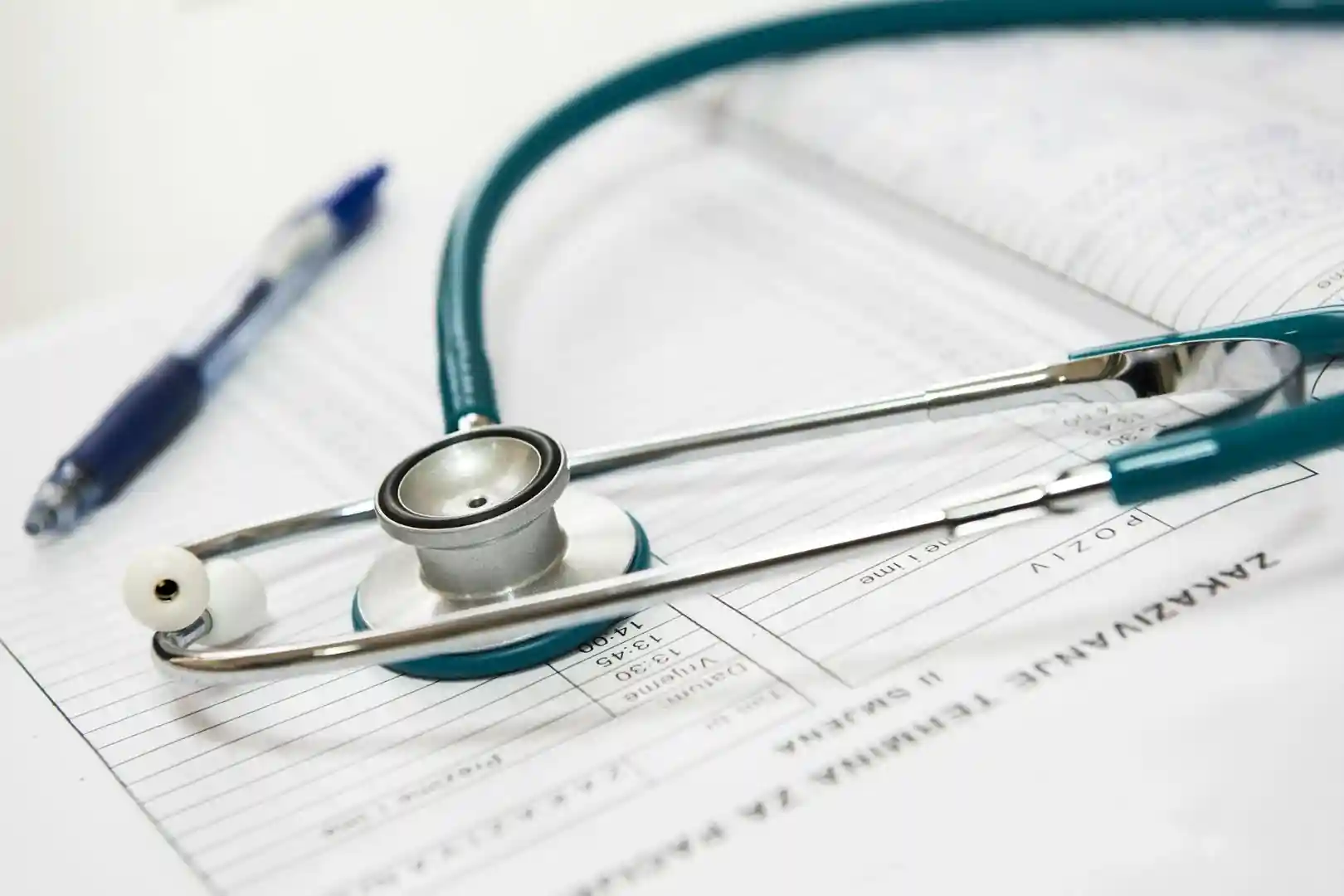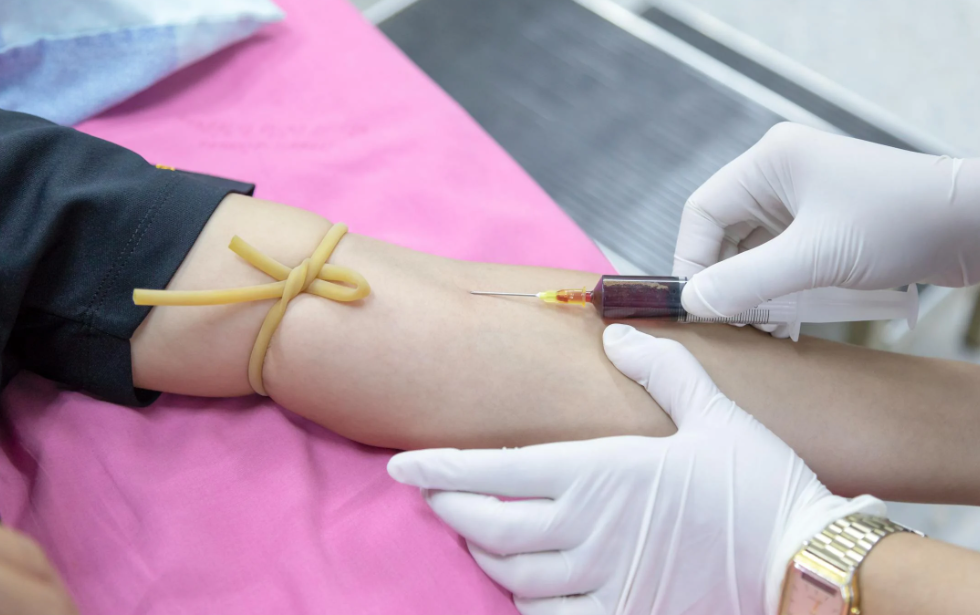Screenings for Common Cancers (e.g., Breast, Prostate, Colon) are essential for early detection and preventive care. These screenings can help find cancers like breast, prostate, and colon before symptoms appear, making treatment more effective and increasing the chances of survival.
- Breast Cancer: Women should consider mammograms, often starting in their 40s or 50s, and continue these screenings every one to two years as recommended by healthcare providers.
- Prostate Cancer: Screening can include tests such as the prostate-specific antigen (PSA) test, especially important for men over 50 or with a family history of prostate cancer.
- Colon Cancer: Regular colonoscopies are recommended for adults starting at age 50. This test can detect precancerous polyps, helping prevent colon cancer before it starts.
Cancer doesn’t wait, and neither should you when it comes to screening. These routine checkups are a crucial part of preventive health care. They aim to detect cancer early, improving treatment outcomes and saving lives. By starting screenings at the appropriate age and continuing as advised, individuals can take proactive steps to maintain their health.

Handy Screenings for Common Cancers (e.g., Breast, Prostate, Colon) terms:
Screenings for Common Cancers (e.g., Breast, Prostate, Colon)
Cancer screenings are vital for catching diseases early, often before symptoms appear. Let’s explore breast cancer, prostate cancer, and colon cancer screenings to see how they help in early detection and prevention.
Breast Cancer
For many women, mammograms are a key tool in detecting breast cancer. These X-ray images can spot tumors that are too small to feel. The CDC emphasizes that regular mammograms can find cancer early when it’s easier to treat. Most women start getting mammograms in their 40s or 50s and continue every one to two years.

Prostate Cancer
The prostate-specific antigen (PSA) test is a common screening for prostate cancer. This blood test measures the level of PSA, a substance made by the prostate. High levels might indicate cancer, but they can also be due to other conditions. Men over 50 or those with a family history should discuss PSA testing with their doctor to determine the best screening schedule.
Colon Cancer
Colon cancer screenings often begin with a colonoscopy at age 50. This test checks for precancerous polyps in the colon or rectum. Removing these polyps can prevent cancer from developing. A virtual colonoscopy is another option, though it may not reduce deaths as effectively. Regular screenings are crucial since colorectal cancer usually develops from these precancerous growths.

These screenings for common cancers are more than just tests; they are opportunities to catch diseases early and take action. By staying informed about when to start and how often to screen, you can take charge of your health and potentially save your life.
Recommended Cancer Screening Tests
Screening tests are essential tools in the fight against cancer. They help detect cancers early when treatment is more effective. Here, we’ll explore some of the most recommended cancer screening tests: mammography, PSA test, colonoscopy, HPV test, and LDCT.
Mammography
A mammogram is an X-ray of the breast used to detect breast cancer. It’s recommended for women starting in their 40s or 50s, with screenings every one to two years. Mammograms can find tumors that are too small to feel, making early detection possible. Regular mammograms are crucial because they can significantly improve treatment outcomes by catching cancer early.
PSA Test
The prostate-specific antigen (PSA) test measures the level of PSA in the blood. PSA is a protein produced by both cancerous and noncancerous tissue in the prostate. High levels can be a sign of prostate cancer, but they can also indicate other prostate conditions. Men over 50, or those with a family history of prostate cancer, should discuss the benefits and risks of PSA testing with their doctor.
Colonoscopy
A colonoscopy is a procedure that allows doctors to examine the inner lining of the colon and rectum. It’s recommended starting at age 50 and then every ten years if no abnormalities are found. During a colonoscopy, doctors can remove precancerous polyps, preventing them from developing into cancer. For those who prefer less invasive options, a virtual colonoscopy might be considered, although it may not reduce mortality rates as effectively.
HPV Test
The HPV test is used to detect the presence of the human papillomavirus, which can lead to cervical cancer. It’s often performed alongside the Pap test. The HPV test is crucial because it can identify high-risk types of HPV that may cause cervical cell changes. Women should start cervical cancer screenings at age 21 and continue regularly, depending on their health history and risk factors.
LDCT
Low-dose computed tomography (LDCT) is a screening tool for lung cancer. It’s recommended for people aged 50 to 80 with a history of heavy smoking. LDCT can detect lung cancer early, improving the chances of successful treatment. It’s important for current or former heavy smokers to discuss LDCT screening with their healthcare provider to weigh the benefits and risks.

These recommended cancer screening tests are vital in detecting cancer early, often before symptoms appear. By understanding these tests and discussing them with your healthcare provider, you can make informed decisions about your health and potentially save your life.
Benefits and Risks of Cancer Screening
Cancer screening is a powerful tool for early detection, helping catch the disease when it’s most treatable. But it’s not without its challenges. Let’s explore the benefits and risks to understand how screening can impact your health decisions.
Early Detection
Early detection is like catching a small leak before it becomes a flood. Screening tests like mammograms and colonoscopies can spot cancer early, often before symptoms appear. This early catch can lead to easier and more effective treatment.
For example, mammography has been shown to reduce deaths from breast cancer, especially in women aged 50 to 69. Similarly, colonoscopy can prevent colorectal cancer by removing polyps before they turn cancerous.
False Positives
Sometimes, screenings can give a “false positive” result. This means the test suggests cancer is present when it’s not. False positives can lead to unnecessary stress, additional tests, and sometimes invasive procedures. For instance, a high PSA level might not always mean prostate cancer but can lead to further testing.
Overdiagnosis
Overdiagnosis happens when a screening finds a cancer that wouldn’t have caused problems in a person’s lifetime. This can lead to treatments that aren’t needed, causing unwanted side effects. For instance, some slow-growing prostate cancers might never affect a man’s health, but detecting them could lead to treatments like surgery or radiation.
Informed Decision
Making an informed decision about cancer screening involves weighing the benefits and risks. It’s crucial to have open conversations with your healthcare provider. Discuss your age, family history, and personal risk factors to decide which screenings are right for you.
Here are some questions to consider asking your doctor:
- What are the potential benefits and risks of this screening test?
- How often should I get screened based on my health history?
- What happens if my test results are abnormal?
Understanding these aspects can help you make choices that align with your health goals and personal values. Screening is a personal decision, and being informed is key to making the best choice for your health.
Screening Guidelines by Age
Cancer screening isn’t one-size-fits-all. Your age, health history, and risk factors play a big role in determining what screenings you need. Let’s break down the age-specific recommendations to help you understand when and why you should get screened.
In Your 20s and 30s
For most people in their 20s and 30s, the focus is on prevention and identifying risk factors early. Regular check-ups can help spot issues like high blood pressure or sexually transmitted infections (STIs) that can affect overall health. Cancer screenings aren’t typically needed unless you have a family history or other risk factors.
Key Screening Tips:
- STIs and Hypertension: Regular screenings are essential.
- Discuss your family history with your doctor to assess your cancer risk.
In Your 40s
As you enter your 40s, screenings for some common cancers become more important. Women should consider starting mammograms, while men might discuss prostate cancer screening with their healthcare provider.
Key Screening Tips:
- Mammograms: Start every 1-2 years.
- Prostate Cancer: Discuss PSA testing with your doctor, especially if you have a family history.
In Your 50s and 60s
Entering your 50s and 60s is a crucial time for cancer screenings. Breast cancer screenings, such as mammograms, are essential at this stage to catch any early signs of the disease. Prostate cancer screening is also recommended for men, typically involving a PSA test to monitor prostate health.
Colon cancer screenings become particularly important as well, with colonoscopies being the standard test to detect any abnormalities in the colon that could indicate cancer. These screenings are vital because they can identify cancer early when it is most treatable.
Staying on top of these screenings helps in maintaining your health and catching any potential issues before they become serious.
This is a crucial time to focus on cancer screenings. Regular screenings can catch cancers early when they’re most treatable. Colonoscopies become a routine part of health checks.
Key Screening Tips:
- Colonoscopy: Start at age 45 and repeat every 10 years.
- Continue mammograms and discuss prostate cancer screenings as needed.
70 and Beyond
Screening decisions become more personalized. The focus is on your overall health, life expectancy, and personal preferences. Some screenings might be less frequent or stopped altogether based on your health status.
Key Screening Tips:
- Consult with Your Healthcare Provider: It’s important to have a conversation with your doctor to decide if continuing screenings such as mammograms and colonoscopies is appropriate for you.
- Evaluate Benefits and Risks: Weigh the potential advantages of continued screening against possible risks, considering your overall health and personal risk factors.
- Stay Informed: Keeping up-to-date with the latest guidelines and recommendations can help make informed decisions about your screening schedule.

Personalized Screening
Personalized screening means tailoring tests to fit your unique needs. Factors like family history, lifestyle, and personal health history can influence what screenings are right for you. Always talk with your healthcare provider to create a screening plan that suits your life and health goals.
Key Questions to Ask Your Doctor:
- Are there specific screenings I should prioritize based on my age and risk factors?
- How do my family history and lifestyle affect my screening needs?
- Should I continue or stop any current screenings?
Being proactive and informed about your health can make a big difference in early detection and prevention. Tailor your screening schedule to your life, and keep the conversation open with your healthcare provider.
Let’s move on to common questions about cancer screening.
Frequently Asked Questions about Cancer Screening
What are the most common cancer screening tests?
Cancer screening is key to catching problems early. Here are the most common cancer screening tests:
- Mammography: This test is used to screen for breast cancer. Women typically start getting mammograms every 1-2 years beginning in their 40s, but the exact timing can depend on personal and family risk factors.
- PSA Test: The prostate-specific antigen (PSA) test helps detect prostate cancer. Men should discuss the benefits and risks of this test with their doctor, especially if they have a family history of prostate cancer.
- Colonoscopy: This test is crucial for detecting colon cancer and usually starts at age 45. It’s recommended every 10 years if the results are normal, but your doctor may suggest more frequent testing based on your risk factors.
How often should I get screened for cancer?
How often you need screening depends on your age and risk factors:
- Age Guidelines:
- 20s and 30s: Screenings are less common unless you have specific risk factors.
- 40s: Begin regular mammograms and discuss PSA testing.
- 50s and 60s: Colonoscopies become routine, and mammograms continue.
- 70 and Beyond: Screening frequency may decrease; discuss with your doctor.
- Risk Factors: Family history, lifestyle, and previous health conditions can all influence how often you should be screened. Always have a conversation with your healthcare provider to tailor the schedule to your needs.
Are there any new cancer screening tests available?
Yes, new technologies are emerging to improve cancer detection:
- Liquid Biopsy: This is a blood test that looks for cancer cells or DNA from tumors in the blood. It’s a promising tool for detecting cancer early, but it’s not yet a standard screening test.
- Multi-Cancer Detection Tests: These tests aim to detect multiple types of cancer through a single test. They are still in development and research phases, but they hold potential for future screening strategies.
Staying informed about your screening options and discussing them with your doctor can help you make the best choices for your health. Let’s continue to explore other aspects of cancer screening.
Conclusion
At RGV Direct Care, we understand the importance of personalized healthcare and building strong patient relationships. Our approach is centered on listening to our patients and providing care that fits their unique needs. This is especially true when it comes to cancer screening, where individualized plans can make a significant difference in outcomes.
Cancer screening is not just about tests; it’s about understanding your health and taking proactive steps to maintain it. With the right screenings, like those for breast, prostate, and colon cancer, we can catch potential issues early, giving you the best chance for a healthy future.
RGV Direct Care is dedicated to offering comprehensive services that cater to your specific health needs. We believe in the power of preventive care and are here to guide you every step of the way. Our team is ready to discuss your risk factors and help you decide on the best screening schedule for you.
Taking charge of your health is a journey, and at RGV Direct Care, we’re here to support you with personalized attention and expert advice. Visit our services page to learn more about how we can assist you in achieving your health goals. Together, let’s prioritize your health and ensure you get the care you deserve.

